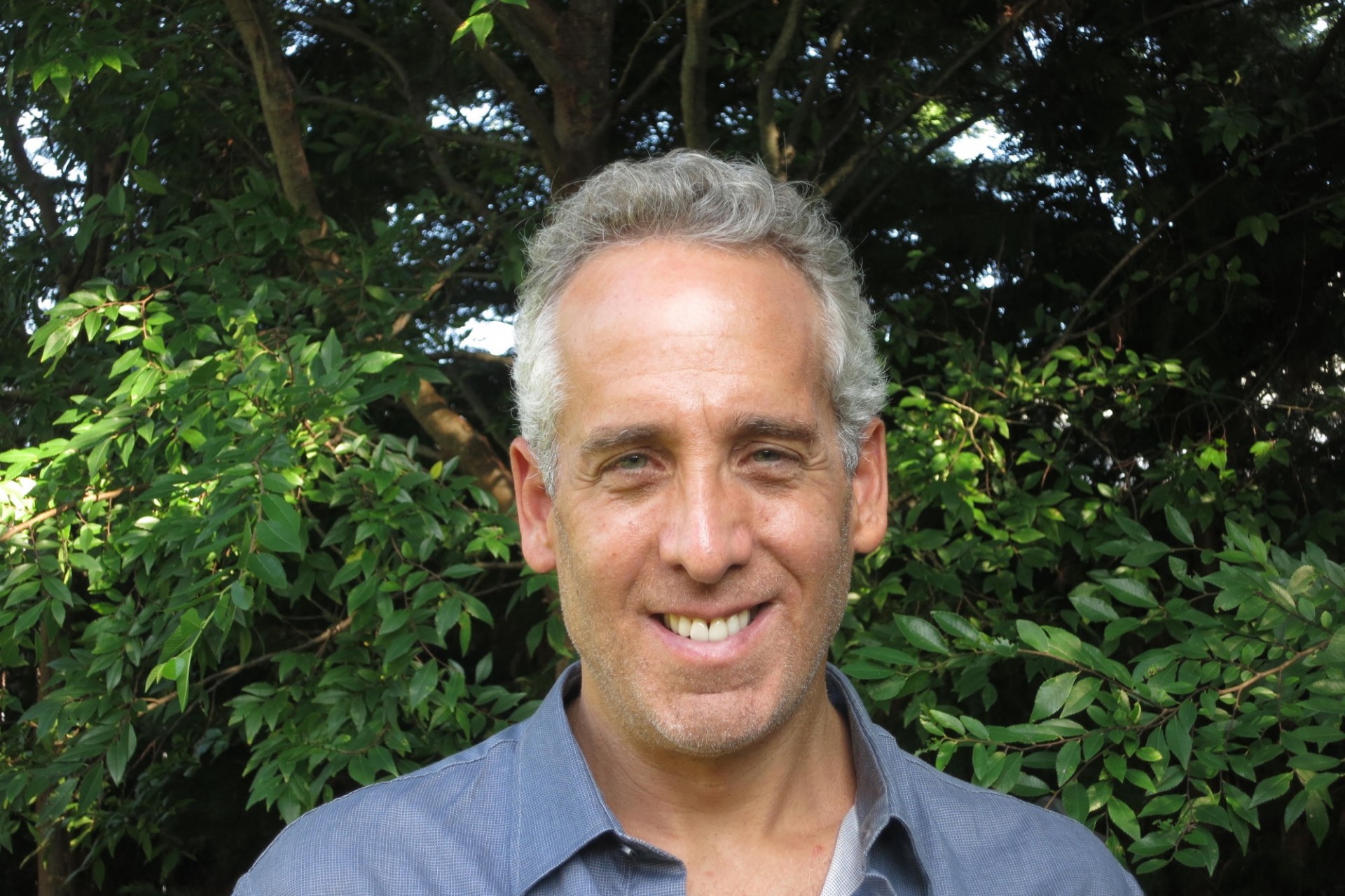"The Easter Sunday attacks in Sri Lanka represent a dangerous new direction for international terrorism.
First of all, they brought to South Asia the most lethal and chaos-inducing type of attacks that al-Qaeda and its offshoots and affiliates have become famous for: multiple, near simultaneous suicide bombings against soft targets—filled with the most innocent of civilians—with the clear intention of sowing divisiveness among various ethnic and religious groups.
Second, even though ISIS has claimed responsibility for the attacks, and reportedly said they were in retaliation for last month's white nationalist shootings in the New Zealand mosques, the sophistication of Sunday's bombings suggest that ISIS had already made a direct connection with a small but obviously increasingly radical group of Islamists in Sri Lanka.
This is not to discount the New Zealand motivation but rather to point out that even though ISIS has lost its territorial caliphate in the Mideast, it is successfully branching out with new direct footholds in the furthest reaches of the world. The 'long war' against globalized terror just got a little longer."

